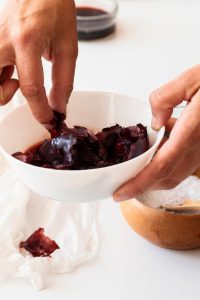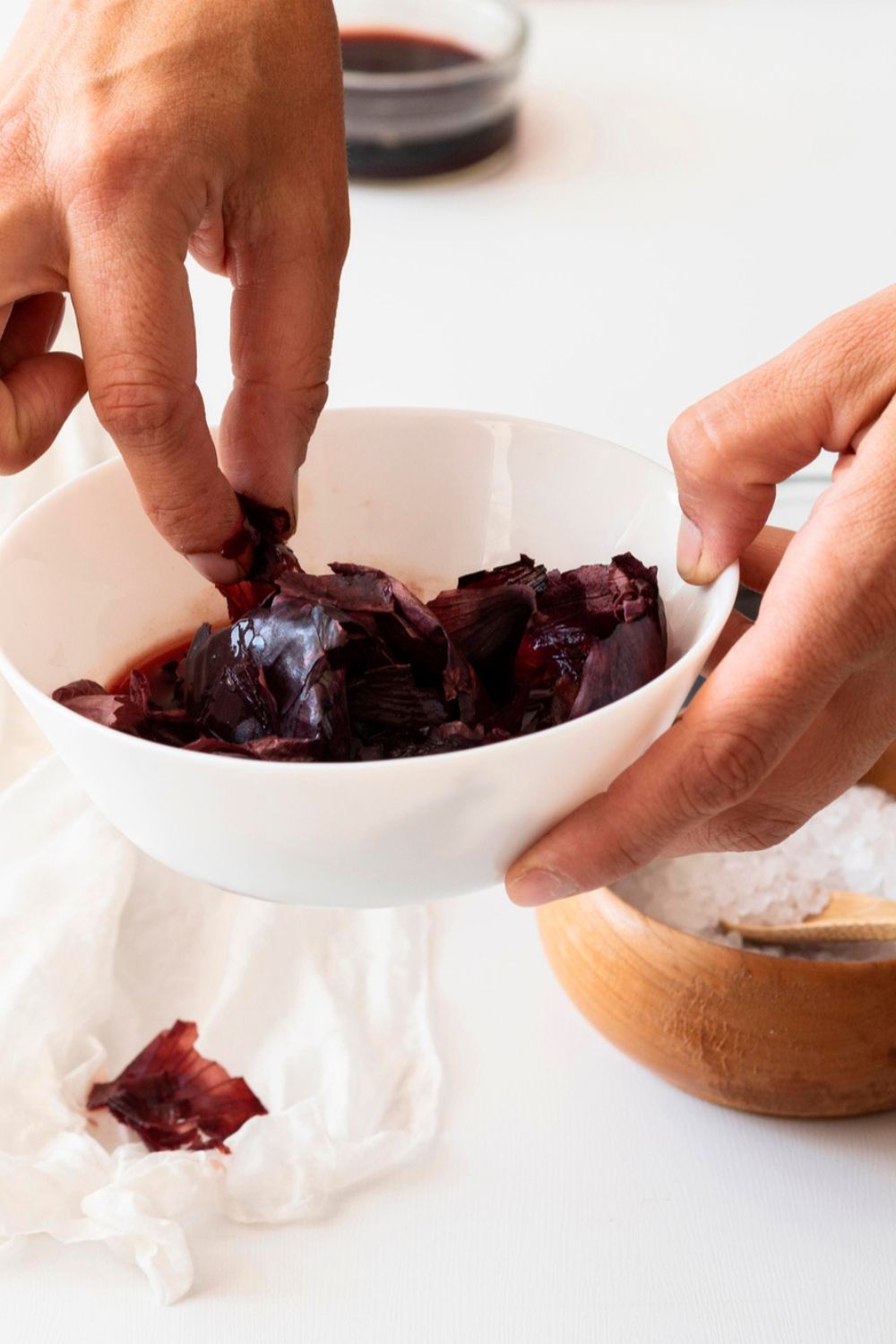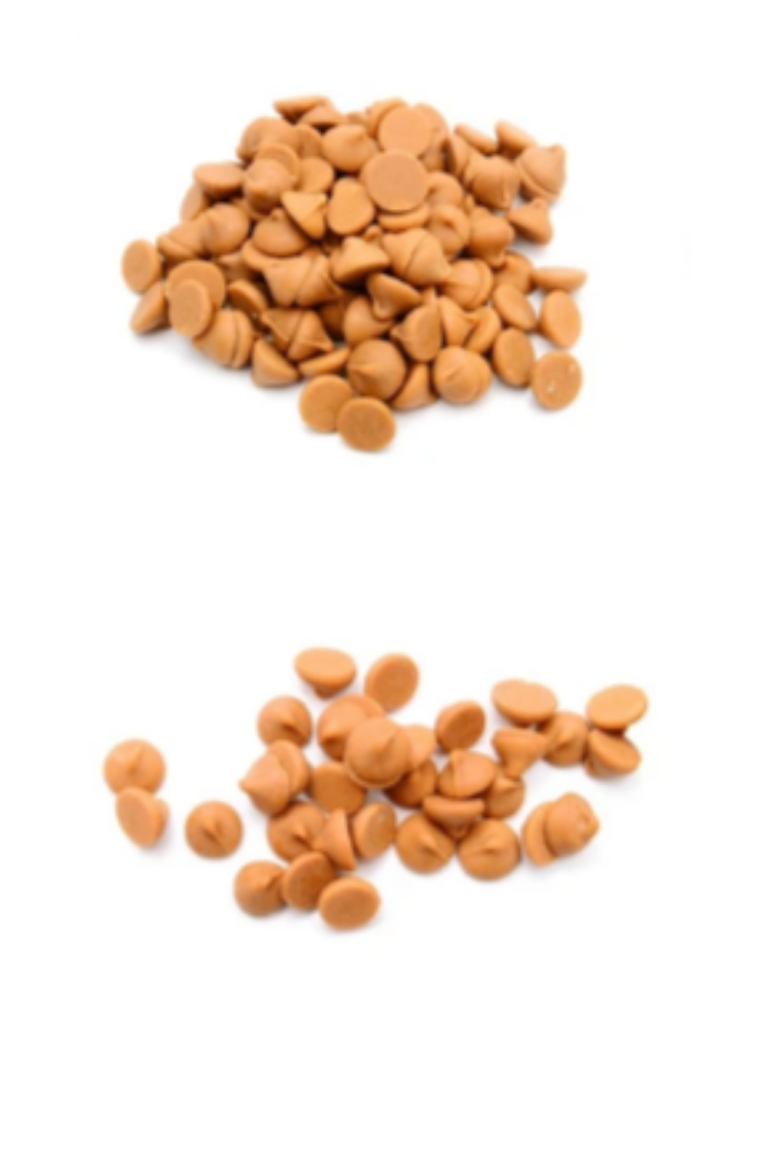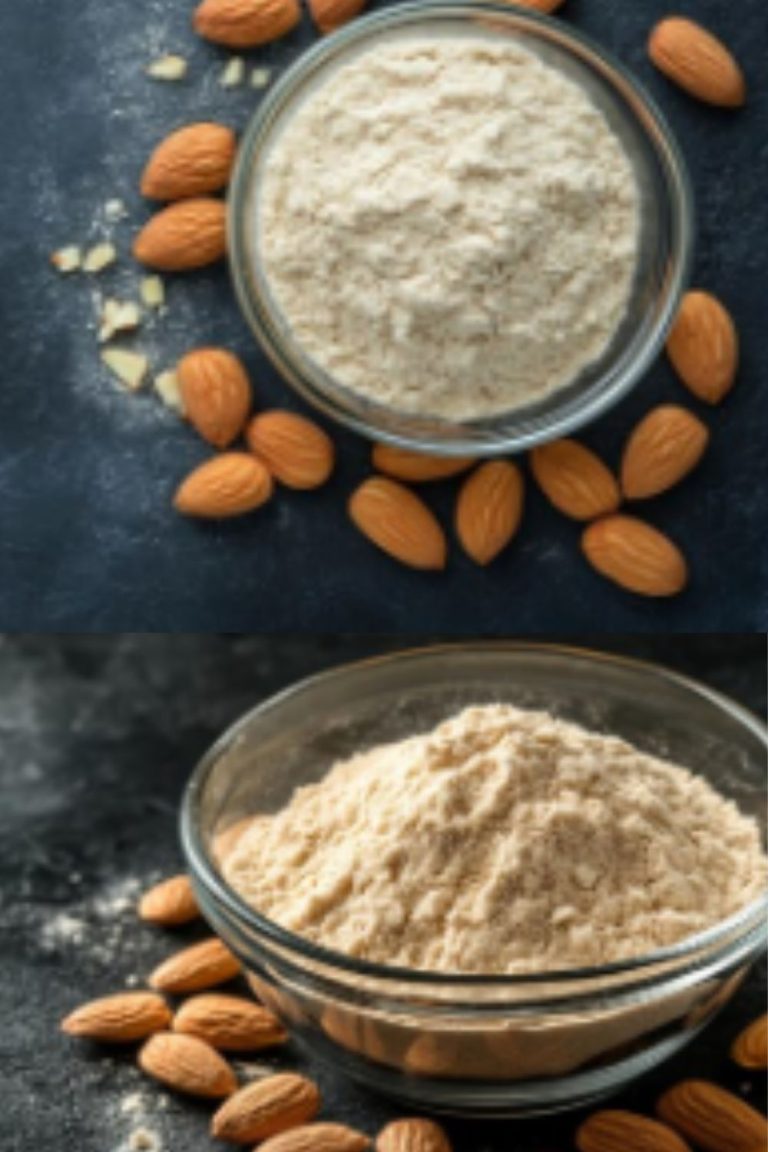DCP: Date Coconut Paste role in cakes Clarified
Hello there. Ever heard of DCP, or Date Coconut Paste? If not, you’re in for a treat. In this topic, I’m going to talk about what DCP is all about and share some insights from my own personal experience. Whether you’re a seasoned baker or just someone who loves to experiment in the kitchen, DCP can bring a whole new dimension to your baking.
Table of Contents
ToggleWhat is DCP – Date Coconut Paste?
DCP, short for Date Coconut Paste, is exactly what it sounds like: a delightful blend of dates and coconut. It’s a natural sweetener that’s gaining popularity for its rich flavor and health benefits. Dates are known for their sweetness and nutritional value, while coconut adds a tropical twist. The paste combines these two ingredients to create a smooth, spreadable mixture that can be used in a variety of ways. Check out the right Date Coconut Paste, cake tools, and ingredients that you need here.

The Role of DCP in Cakes
So, why should you consider using DCP in your cakes? Let me break it down for you:
Natural Sweetener
First off, DCP is a fantastic natural sweetener. Unlike refined sugar, which offers empty calories, DCP brings in the natural sugars from dates along with their fiber, vitamins, and minerals. This means your cakes won’t just taste good; they’ll also have a bit of a nutritional boost. Plus, the sweetness of dates is quite intense, so a little goes a long way. Check out the right Date Coconut Paste, cake tools, and ingredients that you need here.
Moisture and Texture
One of the secrets to a great cake is moisture, and DCP excels in this department. The natural sugars and fibers in dates help retain moisture, making your cakes soft and tender. This is especially useful in recipes that tend to dry out, like whole grain or gluten-free cakes. The coconut component adds a subtle chewiness and a slight crunch, which can make the texture of your cakes more interesting.
Flavor Enhancement
Dates have a rich, caramel-like flavor that can add depth to your cakes. When combined with coconut, the paste brings a unique taste that’s both sweet and nutty. This can enhance the overall flavor profile of your cakes, making them more complex and enjoyable. Imagine a chocolate cake with hints of caramel and a tropical undertone – sounds delicious, right?
Binding Agent
DCP can also act as a binding agent in your baking. This is particularly helpful if you’re looking to make egg-free or vegan cakes. The paste can help hold the ingredients together, ensuring your cake has a good structure and doesn’t crumble apart. Check out the right Date Coconut Paste, cake tools, and ingredients that you need here.
How to Use DCP in Your Cakes
Now that you know why DCP is such a fantastic ingredient, let’s talk about how you can incorporate it into your baking:
Replacing Sugar
You can use DCP to replace sugar in your cake recipes. Since DCP is sweeter than sugar, you’ll need to adjust the quantities. Start with half the amount of sugar called for in the recipe and add more if needed. Remember, DCP also adds moisture, so you might need to tweak your dry ingredients accordingly.
As a Filling
DCP makes a wonderful filling for layer cakes. Spread a layer of the paste between your cake layers for a burst of flavor and moisture. You can even mix it with a bit of cream or frosting for a more decadent filling.
Adding to Batter
You can also add DCP directly to your cake batter. This works particularly well in recipes like banana bread or carrot cake, where the flavors of dates and coconut can complement the other ingredients. Just mix the paste into the wet ingredients before combining with the dry ones.
Frosting and Decoration
Finally, DCP can be used in your frosting or as a decorative element. Mix it with cream cheese or buttercream frosting for a unique twist, or drizzle it over the top of your cake for a beautiful finish.
Date Coconut Paste – into your baking can elevate your cakes to a whole new level. From enhancing flavor and texture to adding moisture and acting as a natural sweetener, DCP is a versatile ingredient that deserves a spot in your pantry. Check out the right Date Coconut Paste, cake tools, and ingredients that you need here.
Drilling Deeper: Comparing DCP to Other Sweeteners and Ingredients
Now that you’ve got a good grasp on what DCP is and how it can be a game-changer in your baking, let’s drill a bit deeper. How does DCP compare to other common sweeteners and baking ingredients? Here’s a closer look at how DCP stacks up against the competition.
DCP vs. Refined Sugar
Health Benefits
Refined sugar is a staple in most baking recipes, but it doesn’t offer much in terms of nutrition. It’s essentially empty calories, providing energy but no essential nutrients. DCP, on the other hand, is packed with vitamins, minerals, and fiber thanks to the dates and coconut. This means you’re not just sweetening your cakes, but also adding a bit of nutritional value.
Glycemic Index
The glycemic index (GI) measures how quickly foods raise blood sugar levels. High GI foods cause rapid spikes, while low GI foods provide more sustained energy. Dates have a lower GI compared to refined sugar, meaning they cause a slower, more gradual increase in blood sugar levels. This makes DCP a better option for those looking to manage their blood sugar. Check out the right Date Coconut Paste, cake tools, and ingredients that you need here.
DCP vs. Honey
Flavor Profile
Honey is another natural sweetener commonly used in baking. It has a distinct flavor that can vary depending on the type of flowers the bees pollinate. DCP, with its rich caramel and nutty coconut notes, offers a different but equally delightful taste. If you’re looking to add a unique twist to your recipes, DCP can provide a flavor depth that honey might not.
Consistency and Moisture
Both honey and DCP add moisture to baked goods, but in different ways. Honey is a liquid and can make batters more fluid, which might require adjustments in other liquid ingredients. DCP, being a paste, adds moisture without significantly altering the consistency of your batter, making it easier to work with in certain recipes. Check out the right Date Coconut Paste, cake tools, and ingredients that you need here.
DCP vs. Maple Syrup
Nutritional Content
Maple syrup, like DCP, is a natural sweetener that contains some beneficial nutrients, including manganese and zinc. However, DCP offers a wider array of nutrients from both dates and coconut, including potassium, magnesium, and iron. This makes DCP a more nutrient-dense option compared to maple syrup.
Versatility
Maple syrup is great for adding sweetness and a subtle maple flavor to baked goods, but it can be quite runny. DCP’s thicker consistency makes it more versatile – you can use it as a sweetener, a binding agent, or even as a filling or frosting without worrying about it making your cakes too runny. Check out the right Date Coconut Paste, cake tools, and ingredients that you need here.
DCP vs. Coconut Sugar
Processing
Coconut sugar is another popular natural sweetener derived from the sap of coconut palm flowers. While it’s less processed than refined sugar, it still undergoes some processing to convert the sap into granulated form. DCP, being a paste made from whole dates and coconut, is even less processed, retaining more of the natural goodness of its ingredients.
Usage in Baking
Both coconut sugar and DCP can be used to add a rich, caramel-like flavor to baked goods. However, coconut sugar is granulated and can be used as a direct 1:1 replacement for regular sugar. DCP, with its paste-like consistency, may require some adjustments in your recipes, but it also offers more moisture and a unique texture that coconut sugar can’t provide.
Each sweetener and ingredient has its own set of benefits, but DCP stands out for its combination of rich flavor, nutritional benefits, and versatility. Whether you’re looking to enhance the taste of your cakes, boost their nutritional content, or simply try something new, DCP is a fantastic option to consider. Give it a try in your next baking adventure and see how it compares to your usual ingredients – you might just find a new favorite. Check out the right Date Coconut Paste, cake tools, and ingredients that you need here.
Comparison tabular
Here’s a comparison table summarizing the key points and considerations between DCP (Date Coconut Paste), refined sugar, honey, maple syrup, and coconut sugar in baking:
| Aspect | DCP (Date Coconut Paste) | Refined Sugar | Honey | Maple Syrup | Coconut Sugar |
|---|---|---|---|---|---|
| Nutritional Content | Rich in vitamins, minerals, and fiber from dates and coconut. | Provides only calories with no significant nutrients. | Contains antioxidants and enzymes, varies by floral source. | Contains minerals like manganese, zinc, and some antioxidants. | Contains some nutrients like potassium and iron. |
| Flavor Profile | Sweet with caramel and nutty coconut notes. | Sweet but neutral flavor. | Distinctive floral and herbal notes, varies by type. | Sweet with subtle maple flavor. | Sweet with a mild caramel flavor. |
| Glycemic Index | Lower than refined sugar, causing a slower rise in blood sugar. | High, causing rapid spikes in blood sugar. | Varies, generally lower than refined sugar. | Lower than refined sugar, but still raises blood sugar. | Lower than refined sugar, causing a slower rise in blood sugar. |
| Consistency | Thick paste consistency, adds moisture without making batter runny. | Crystalline form, adds bulk without moisture. | Liquid form, adds moisture and alters batter consistency. | Liquid form, can make batters runny. | Granulated form, adds sweetness without altering consistency. |
| Versatility | Can be used as a sweetener, filling, or frosting due to its texture. | Primarily used as a sweetener, requires adjustments in recipes. | Used for sweetness and flavor enhancement in various recipes. | Used for sweetness and flavor, can make batters runny. | Used as a direct 1:1 replacement for sugar in most recipes. |
| Processing | Made from whole dates and coconut, minimally processed. | Heavily processed to extract sucrose from sugar cane or beets. | Natural product but filtered and pasteurized. | Boiled and concentrated sap, less refined than white sugar. | Extracted and dried from coconut palm sap, less processed. |
| Usage in Baking | Enhances flavor, adds moisture, and can act as a binding agent. | Provides sweetness but no additional benefits. | Enhances flavor and adds moisture, can make batters runny. | Adds sweetness with a subtle flavor, can make batters runny. | Adds sweetness without altering consistency significantly. |
Considerations:
- Nutritional Benefits: DCP and honey offer additional nutrients compared to refined sugar, while maple syrup and coconut sugar provide some minerals but fewer vitamins and fiber.
- Flavor Profiles: Each sweetener brings a distinct flavor to baking, from the rich caramel notes of DCP to the floral hints of honey and maple syrup.
- Glycemic Impact: DCP generally has a lower glycemic index compared to refined sugar, which may appeal to those monitoring their blood sugar levels.
- Consistency in Baking: The form of sweetener (paste, liquid, granulated) affects how it interacts with other ingredients in recipes, influencing texture and moisture levels in baked goods.
- Processing Levels: Consider the degree of processing involved in each sweetener’s production, opting for less processed options like DCP or maple syrup for those seeking minimally refined ingredients.
FAQs About Using DCP – Date Coconut Paste in Baking
What is DCP made of?
DCP, or Date Coconut Paste, is made from a blend of dates and coconut. It’s a natural sweetener and flavor enhancer that combines the rich sweetness of dates with the tropical nuttiness of coconut.
How can I use DCP in my baking?
You can use DCP in various ways in baking:
- As a natural sweetener to replace refined sugar.
- As a filling between cake layers or in pastries.
- Mixed into batter to add moisture and flavor.
- Blended into frosting for a unique taste.
Is DCP healthier than refined sugar?
Yes, DCP is considered healthier than refined sugar because it retains the vitamins, minerals, and fiber from dates and coconut. It has a lower glycemic index compared to refined sugar, which means it causes a slower rise in blood sugar levels.
Can DCP be used in gluten-free or vegan baking?
Absolutely! DCP is naturally gluten-free and vegan, making it a great choice for those dietary preferences. It can act as a binder and add moisture to recipes without compromising texture or flavor.
Where can I buy DCP?
DCP can often be found in health food stores, specialty grocery stores, or online retailers that focus on natural and organic products. Look for brands that prioritize quality ingredients and minimal processing. Check out the right Date Coconut Paste, cake tools, and ingredients that you need here.
Final Words
Incorporating DCP – Date Coconut Paste – into your baking repertoire can open up a world of flavor and nutritional benefits. Whether you’re looking to reduce your intake of refined sugars, enhance the taste of your baked goods, or explore new ingredients, DCP offers a versatile and delicious option. Experiment with it in your favorite recipes and discover how this natural sweetener can elevate your baking to new heights.

Hi!
I’m Mike, the creator of Forum Foodies. In my own personal experience, understanding ingredients is key to great cooking.
Forum Foodies offers guides on various ingredients, from staples to exotic finds. Join our community, share your experiences, and learn from fellow food lovers.
Have questions or suggestions? Email me at info@forumfoodies.com. Let’s embark on this delicious adventure together.
Happy cooking.
Mike/
Related Posts
- DCF: Date Coconut Frosting role in cakes Clarified
In this topic, I'm going to talk about one of my favorite elements in baking:…
- DCF: Date Caramel Filling role in cakes Clarified
In this topic, I'm going to talk about Date Caramel Filling, drawing from my own…
- CFC: role in cakes Clarified
In this topic, I'm going to talk about coconut flour and its role in cakes,…
- GCP: Grapefruit Curd Paste role in cakes Clarified
In this topic, I'm going to talk about Grapefruit Curd Paste (GCP) and its role…
- CCF: Coconut Cream Frosting its role in cakes Clarified
In this topic, I'm going to talk about CCF - Coconut Cream Frosting in my…
- EBC: Elderberry Compote role in cakes Clarified
In this topic, I'm going to talk about the delightful addition of Elderberry Compote in…
- SP: Sugar Paste Mat role in cake making Explained
In this topic, I'm going to talk about the Sugar Paste Mat, sharing insights from…
- FBC: role in cakes Clarified
In this topic, I'm going to talk about Fig Buttercream Cake (FBC) in my own…
- AFS: Almond Flour Sponge role in cakes Clarified
In this topic, I'm going to talk about the role of almond flour sponge in…
- BPC: role in cakes Explained
In this topic, I'm going to talk about BPC - Blueberry Puree Cake, drawing from…
- BB: Biscuit Barrel role in cakes making Clarified
In This Topic, I'm Going to Talk About the BB - Biscuit Barrel In my…
- EBF: Espresso Buttercream Frosting role in cakes Clarified
In this topic, I'm going to talk about Espresso Buttercream Frosting (EBF) in my own…
- FLC: Fig Lemon Cake role in cakes Clarified
In this topic, I'm going to talk about the fascinating world of ingredients, specifically focusing…
- ACF: Almond Cream Filling role in cakes clarified
In this topic, I'm going to talk about almond cream filling in my own personal…
- HCF: Hazelnut Chocolate Frosting role in cakes Clarified
In this topic, I'm going to talk about Hazelnut Chocolate Frosting, sharing insights from my…





